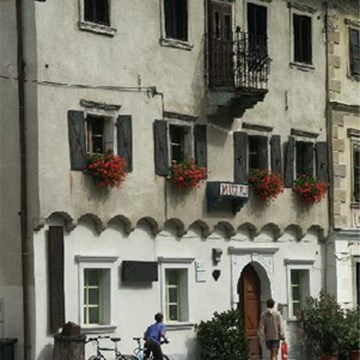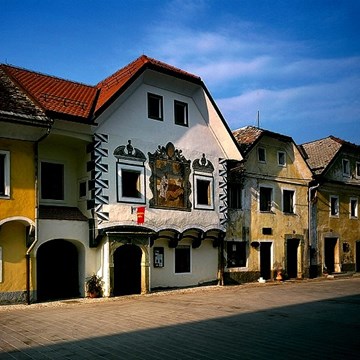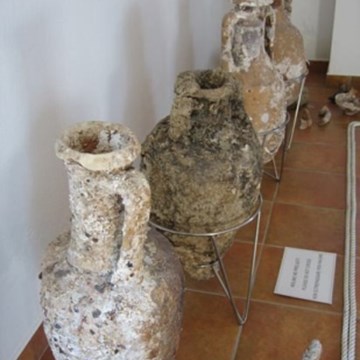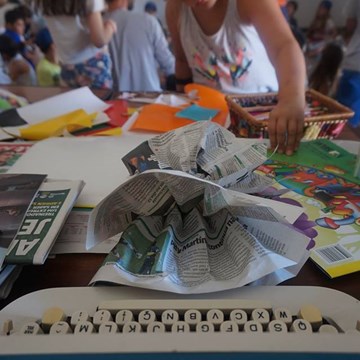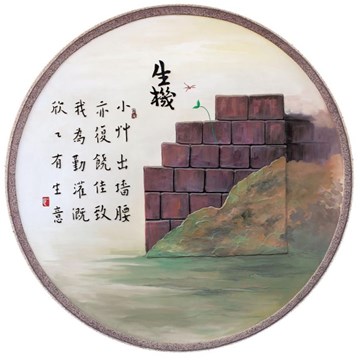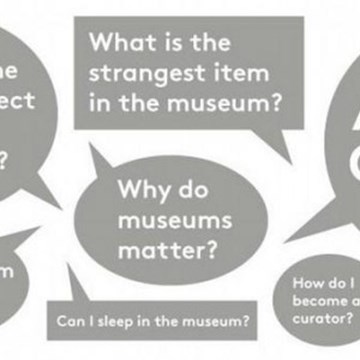Detroit Institute of Arts
The DIA has been a beacon of culture for the Detroit area for well over a century. Founded in 1885, the museum was originally located on Jefferson Avenue, but, due to its rapidly expanding collection, moved to a larger site on Woodward Avenue in 1927. The new Beaux-Arts building, designed by Paul Cret, was immediately referred to as the "temple of art." Two wings were added in the 1960s and 1970s, and a major renovation and expansion that began in 1999 was completed in 2007.
The museum covers 658,000 square feet that includes more than 100 galleries, a 1,150-seat auditorium, a 380-seat lecture/recital hall, an art reference library, and a state-of-the-art conservation services laboratory.
The DIA's collection is among the top six in the United States, comprising a multicultural and multinational survey of human creativity from prehistory through the 21st century. The foundation was laid by William Valentiner, a scholar and art historian from Berlin, who was director from 1924 to 1945 . His extensive contacts in Europe, along with support from generous patrons, enabled him to acquire many important works that established the framework of today's collections. Among the notable acquisitions during his tenure are Mexican artist Diego Rivera's Detroit Industry fresco cycle, which Rivera considered his most successful work, and Vincent van Gogh's Self Portrait, the first Van Gogh painting to enter a U.S. museum collection.
A hallmark of the DIA is the diversity of the collection. In addition to outstanding American, European, Modern and Contemporary, and Graphic art, the museum holds significant works of African, Asian, Native American, Oceanic, Islamic, and Ancient art. Among these are the masterpiece sculpture Nail Figure from Zaire and a rare Korean Head of Buddha. In 2000, the DIA established the General Motors Center for African American Art as a curatorial department in order to broaden the museum's collection of African American art.
The museum's director is Graham W. J. Beal, who arrived in 1999 from the Los Angeles County Museum of Art. During his tenure Beal has established the General Motors Center for African American Art (2000), instituted a reorganization of the development and curatorial departments, and oversaw a six-year building renovation and gallery reinstallation project.
Exhibitions and events
We don't have anything to show you here.
Educational programs
We don't have anything to show you here.
Collections
We don't have anything to show you here.




